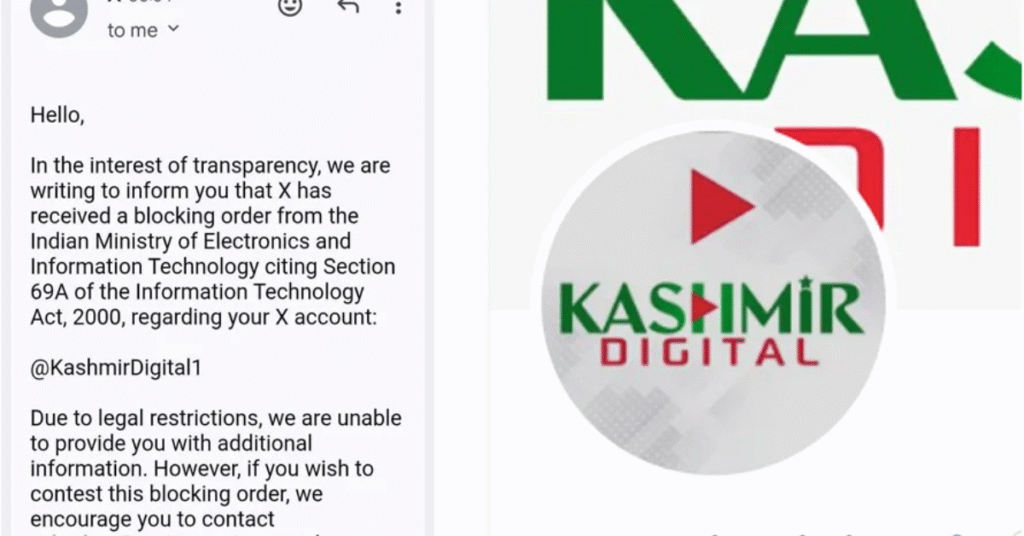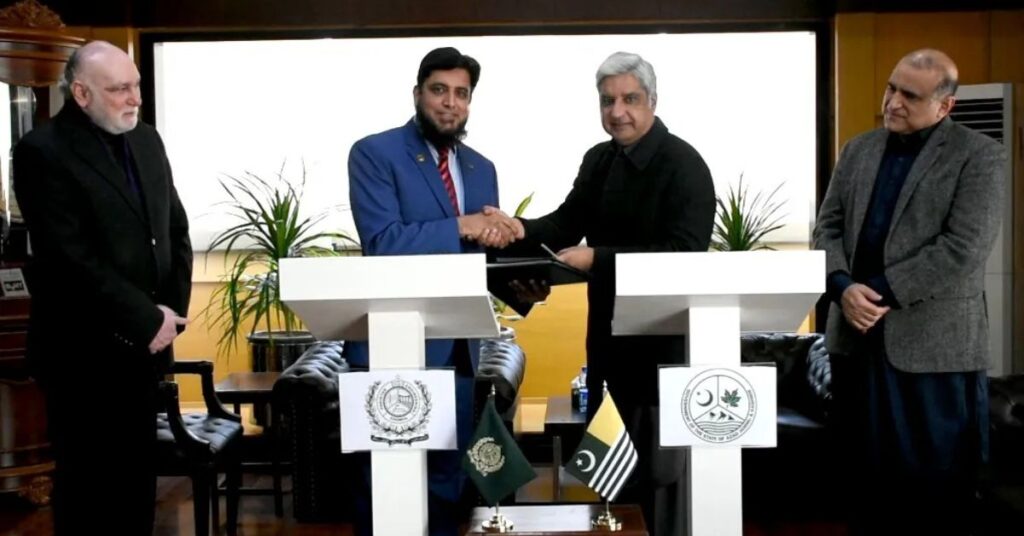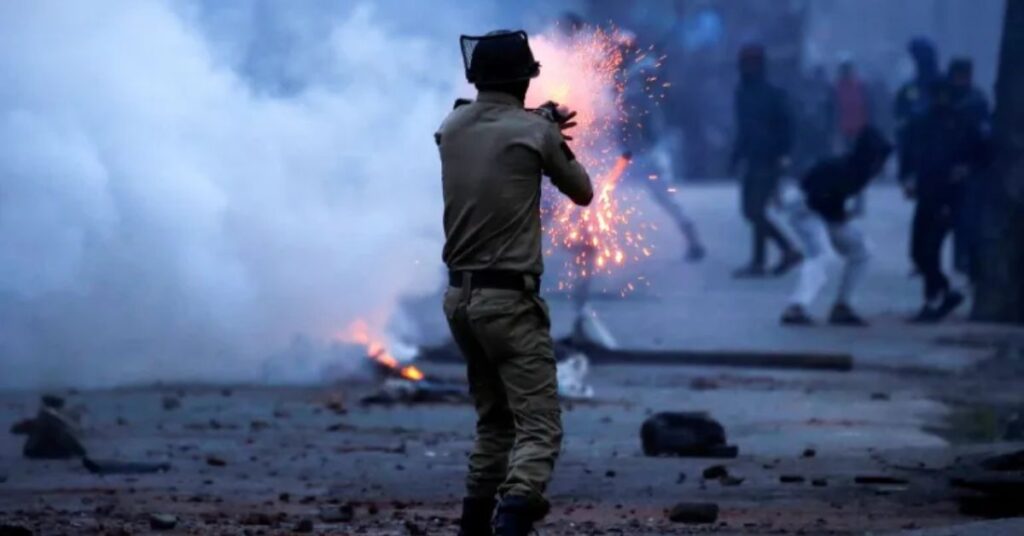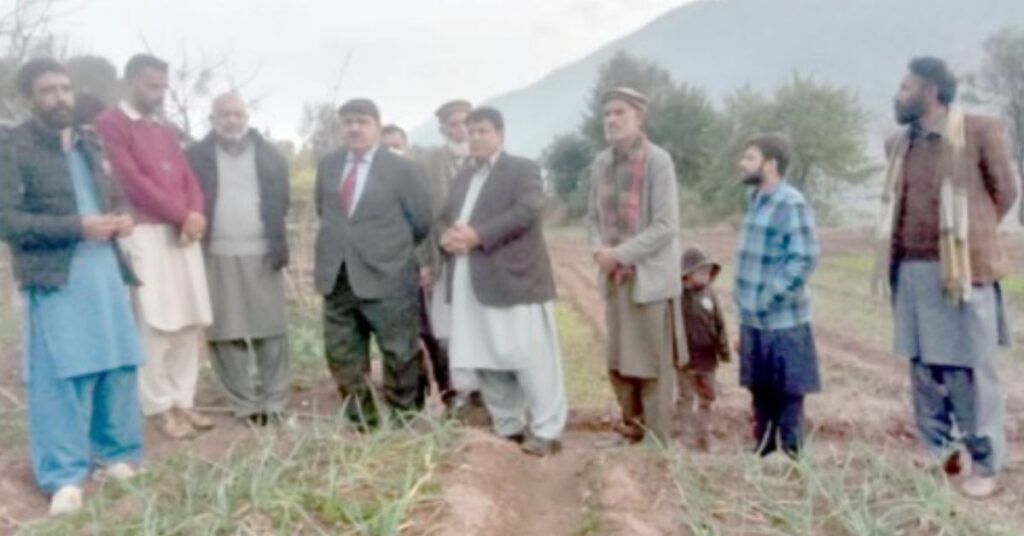MIRPUR (Kashmir English): Kashmiri rights organization Kashmir Institute of International Relations (KIIR) has called upon the United Nations High Commissioner for Human Rights to urgently address the rising violence and discrimination faced by Kashmiri Muslims in India after the April 22 terrorist attack in Pahalgam.
At least 26 people including several tourists were killed in the attack.
In a letter addressed to the UNHC for Human Rights, KIIR chairman Altaf Hussain Wani said that political and religious leaders in the occupied Kashmir widely condemned the attack.
However, he expressed concern that the tragedy is now being used to incite Islamophobia and targeted hostility against Kashmiri Muslims across India, KIIR media wing said in a statement.
Citing media reports, Wani mentioned a surge in inflammatory rhetoric online, with social media users calling for “Israel-like retaliation” and even advocating for ethnic cleansing of Kashmiri Muslims, the statement regretted and added, “This dangerous rhetoric seeks to hold an entire community responsible for the actions of a few unknown individuals”.
Toxic digital environment in Kashmir
“It has fostered a toxic digital environment that is spilling over into real-world violence and discrimination,” the letter stated.
The letter detailed troubling incidents involving Kashmiri students, who have faced harassment, physical assault, and threats of expulsion from institutions in cities such as Dehradun, Chandigarh, and Himachal Pradesh.
Wani also noted that landlords were evicting Kashmiri tenants, while employees and business owners from the region were being subjected to intimidation and hostility.
Wani urged the UN Office to pressure the Indian government to protect Kashmiri citizens, ensure accountability for those inciting violence.
Reiterating the world community’s responsibility, he called for an immediate investigation into reports of violence and discrimination against Kashmiri Muslims in occupied Kashmir, to prevent further escalation and safeguarding their fundamental rights.




